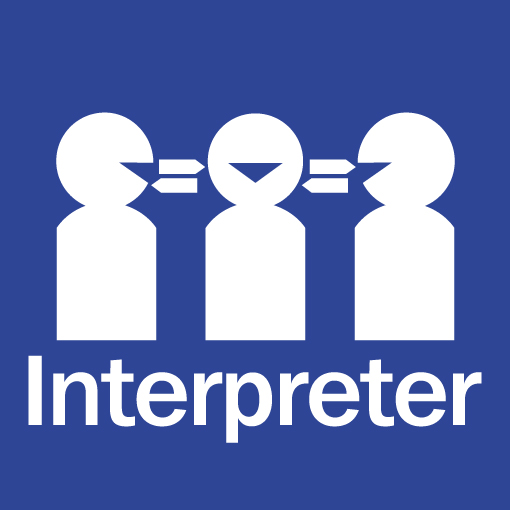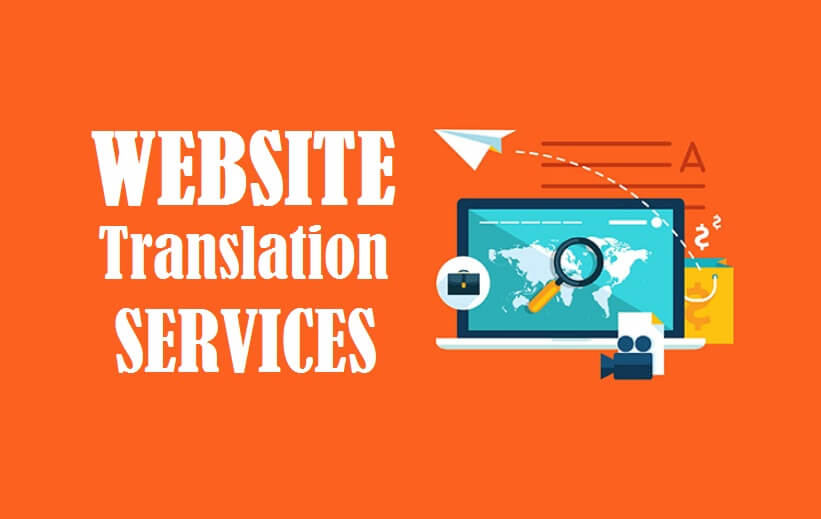Different Forms of Professional Interpretation Service
Interpretation services refer to the process by which companies hire a person to translate one language to another, which helps others understand it. How many types of interpretation? Which are the forms of interpreting? Today we will tell you about various kinds of professional interpretation services in detail.
1)Consecutive Interpreting
In this interpretation service, the speaker speaks a line or a paragraph, and then the interpreter starts interpreting and speaking the language in which the listeners can easily understand. Consecutive Interpretation services are helpful in small business meetings or witness boxes of court. The interpreted language can be single or multiple.
However, the skill required in this kind of interpreting is to remember the entire paragraph, which needs high concentration while listening. Therefore these skills are needed to perform consecutive interpreting.
2) Whisper Interpreting
If we talk about whisper professional interpretation service, this interpretation is not helpful for the crowd or stage. In whisper interpreting, the interpreter sits next to the person who does not know the speaker’s language. And the interpreter speaks only in one targeted language. In this mode of interpretation service, the speaker does not get disturbed by the interpreter’s action.
3) Simultaneous Interpreting
In this form, the speaker translates one line to the audience to which the speaker speaks. The interpreter person needs to be highly professional, as the audience must understand the meaning of the line. This form requires memorizing skills; however, it is not difficult as only one line is interpreted. We can observe simultaneous interpreting in conferences and trade shows.
4)Telephone Interpreting
Telephone interpretation can be part of a consecutive or simulative interpretation. In this form of interpretation services, the interpreter schedules a phone call to the person whose language the person needs to interpret. Both of the parties interpret and discuss their plans via telephonic conversation. The accuracy must be perfect in telephonic interpretation. We often categorize telephonic interpretation in consecutive forms.
5)Travel Interpreting
Travel interpreter works as an assistant for the client who needs to understand a different language during business trips and meetings. The interpreter accompanies the client to interpret the languages spoken by other people. These interpreters also perform some ordinary jobs such as ordering food or walking into a mall. So we can say that they worked as an assistant.
6)Demanded Phone Interpreting
Organizations hire demand phone interpreters if they want to eliminate language barriers rapidly; the hiring person comes on the line and interprets the whole conversation in simple language. This type of communication is in high demand and is helpful in many companies and call centers.
These are the types of interpretations that exist currently.
Conclusion
The types mentioned above are various forms of professional interpretation services. It is why you must choose an interpreter according to your requirements. Furthermore, some interpreters have extraordinary skills of remembering and listening, making them perfect to fit in any organization. However, it depends upon the organization which type of interpretation services they require or are looking for.



